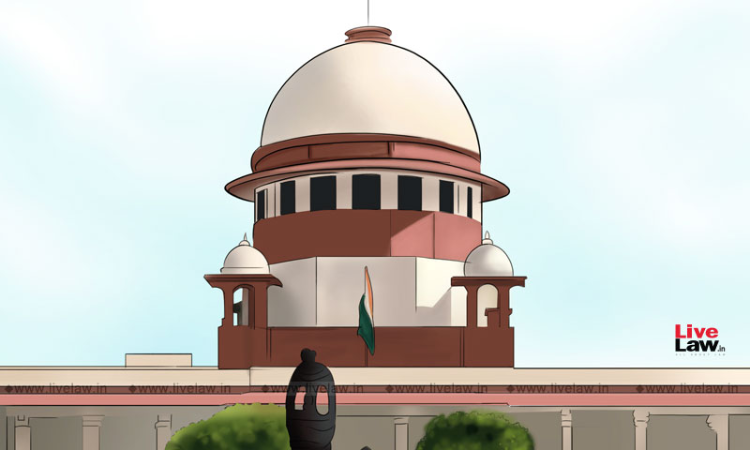'Govt Duty Bound To Make Available To Public Reasonably Priced Hard Copies Of Bare Acts, Rules Etc' : Plea In SC
Radhika Roy
22 May 2020 8:09 PM IST

Allowing private parties to profit out of publishing bare acts results in infringement of citizen's right to know, contends the petitioner.
Next Story


